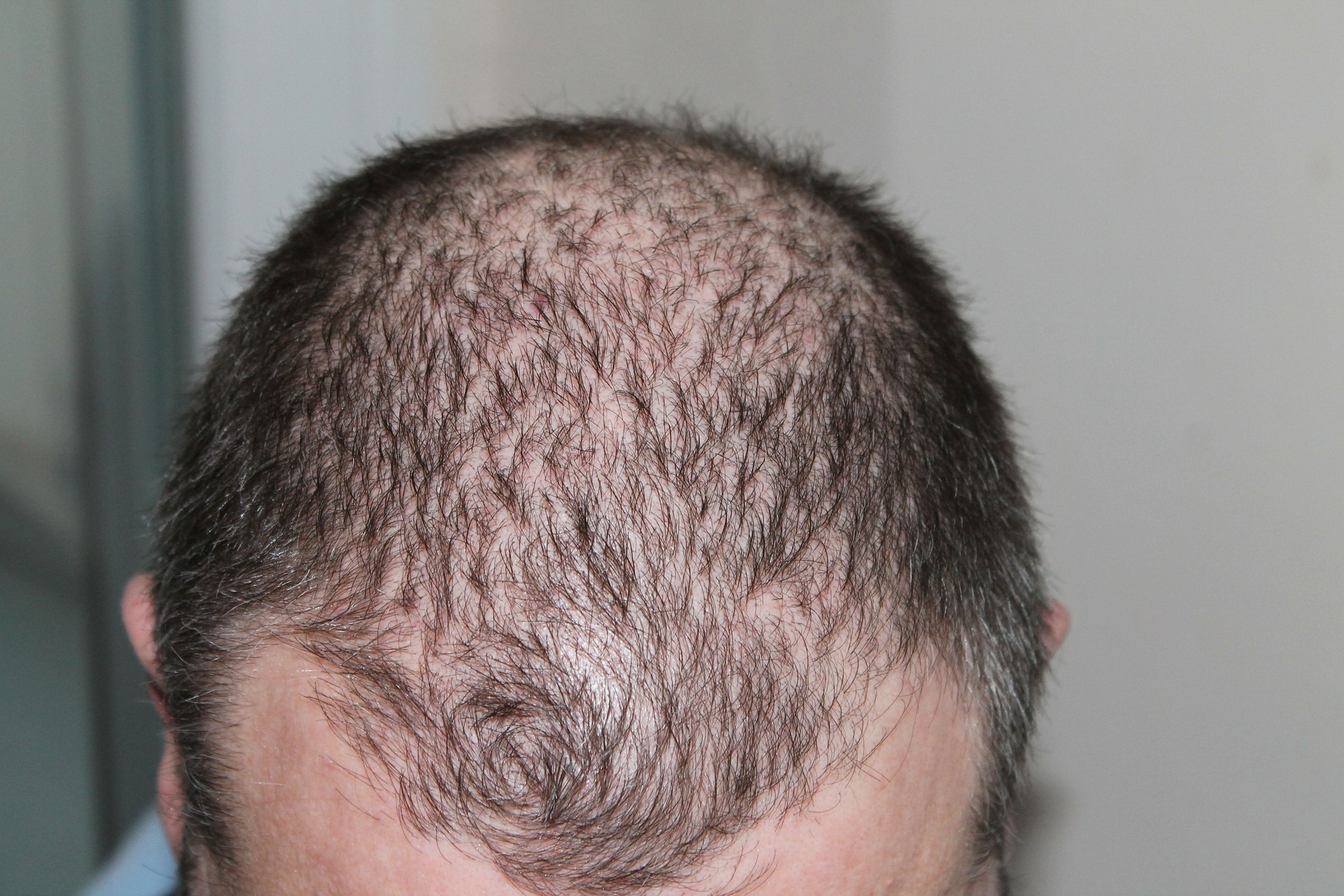Losing hair is such a terrible thing to happen to anyone. Hair is an important part of your body, and losing it can hurt your self-esteem. It is, after all, your crowning glory. Your hair contributes to your overall look. You often use your hair to express your individuality through style, color, and length.
Best Hair Loss Treatment: 5 Questions to Ask Yourself Before Getting One
What can you do when your hair starts thinning? A hair loss treatment might be the answer. However, before getting one, ask yourself these questions first:
1. Do you really need the treatment?
Like plastic surgery, hair loss treatment is an elective procedure. It’s not like a medical emergency that is urgent. You get a hair loss treatment because you wanted to and not because your life is at risk if you don’t push through with it.
Thinning hair is something a lot of people will experience when they grow older. It happens due to a lot of reasons, such as medications, illnesses, styling habits, and genetics. The most common cause is androgenic alopecia (male or female pattern baldness). It’s a condition where the hair follicles on your scalp can no longer produce hair.
If your hair is starting to thin and you’re bothered by it, seek professional consultation. Most healthcare service clinics such as Vera Clinic offer free consultations so you know your options.
2. Why do you want to get a hair loss treatment?
Well, obviously, because you want to have a head full of hair again. But, what’s the real reason why you absolutely need to have a hair loss treatment? Is hair loss disrupting your normal day-to-day activities? Is the thinning of your hair causing you to lose confidence in yourself? Will the loss of your hair cause your whole world to change or is it all in your imagination? Will a hair loss treatment help you function normally again?
Take a deep breath and try to think things through. Sometimes, negative feelings could just be clouding you, or maybe you miss styling your hair. If you think that you have a good reason to undergo the treatment, then by all means proceed with it.
3. Can you afford it?
Hair loss treatments can be affordable or expensive. It will depend on the kind of treatment you get and where you will get it. There are temporary treatments and permanent ones. There are over-the-counter drugs that are used for topical applications to slow down the thinning of hair or promote hair growth. Permanent treatments such as hair transplants are expensive; these are surgical procedures done in cosmetics clinics.
Health insurance does not cover cosmetic procedures, including hair loss treatments. So, if you’re seeking to treat your problem, your funds have to come from your bank account. Consider your other expenses, too. Remember that your emergency funds are not for hair loss treatments.
4. Are you physically and mentally ready to receive a hair loss treatment?
Consider your health whether you plan to use over-the-counter drugs, topical solutions, or transplants. Research the ingredients of the medicines, creams, or ointments. See if you are allergic to any of them.
Additionally, you may not be eligible for a hair transplant if you have certain health conditions. You cannot undergo surgery if you have:
- Diabetes
- Hypertension
- Heart problems
- Skin or scalp disorders
- Psychological conditions
Mental readiness is also crucial when getting a hair transplant. It doesn’t matter if your body is able; if your mind is not ready, you feel scared, or you’re unprepared for the outcome, don’t do it. Hair transplants can cause scars on your scalp, so you need to be able to live with it.
Also, not everyone can have a hair transplant. Only those with thinning hair are eligible for the procedure. If you’re already completely bald, then maybe you can opt for topical solutions or drugs to regrow your hair.
5. Do you have the time for recovery?
Hair transplants, like any other cosmetic surgeries, require some recovery time. It’s important to have the time for rest to lessen the risk of complications after getting the surgery. Your recovery period can affect your other daily activities, such as work and family time.
It’s also another reason to consider whether you have the money for a significant procedure. Since you will require time off of work, then it means you won’t have a salary unless you have a passive source of income.
If your hair starts thinning and you’re worried about being completely bald, there are many hair loss treatment options for you. Take the above things into consideration before getting one. Hair loss treatment should not be a decision to make out of the blue, you should always take time and consider all of your options stated Sydney PRP hair treatment clinic.
Read Also:






















